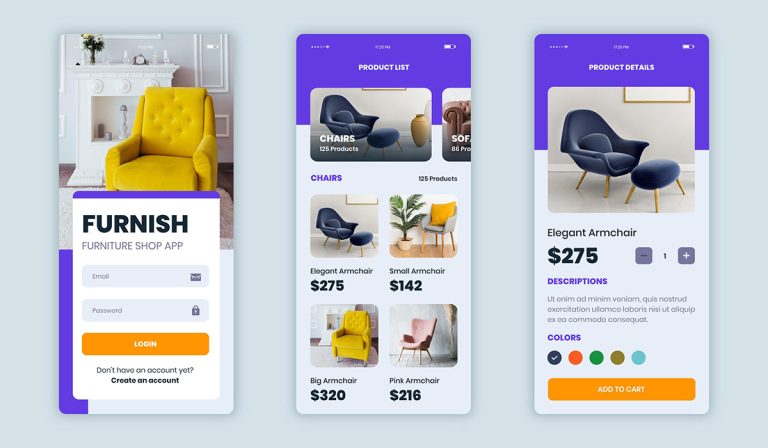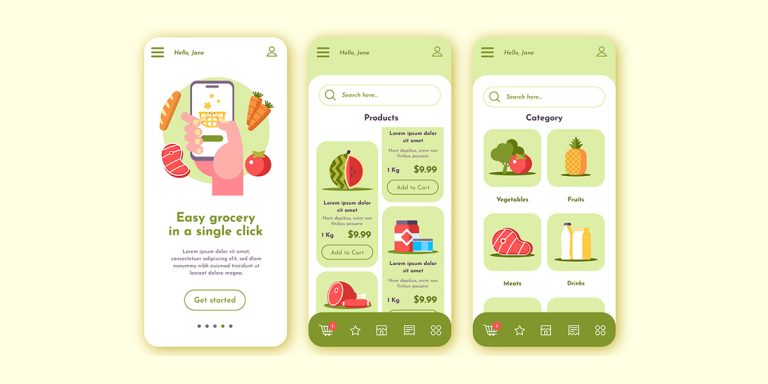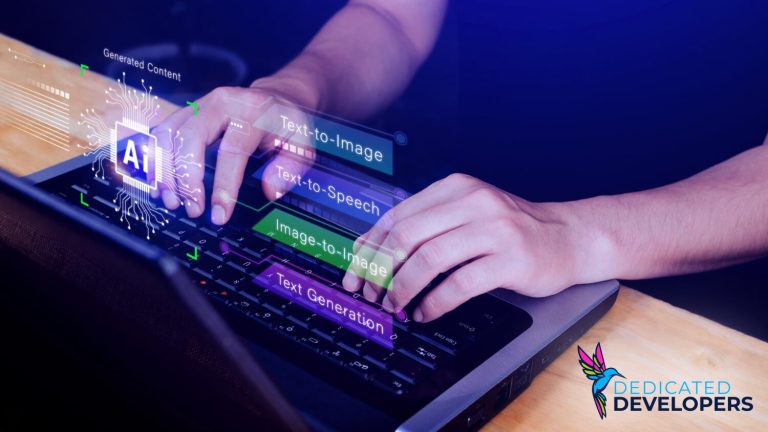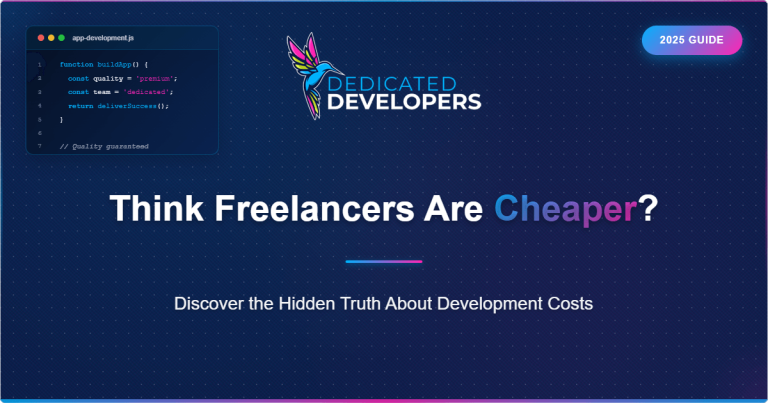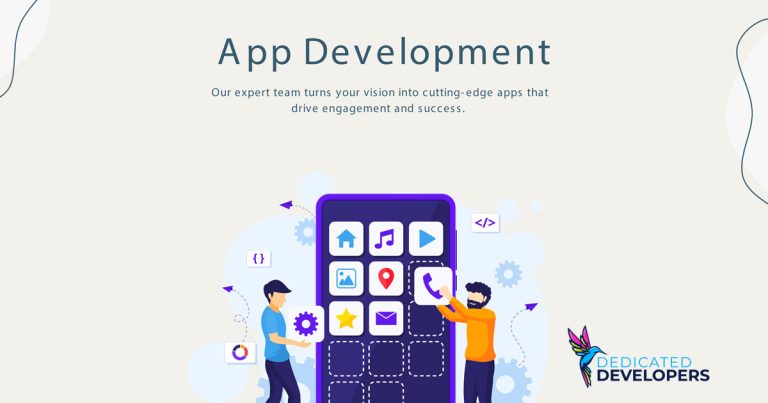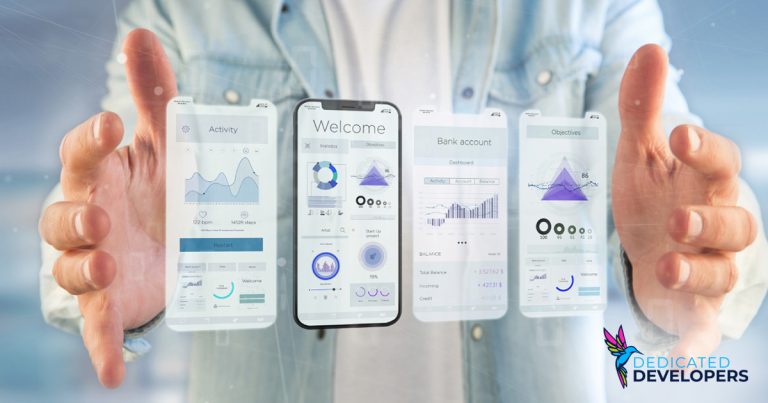Social Companion App Development Cost in 2025: What Actually Drives the Price
“My social companion app just needs friend matching and messaging. How expensive could it be?”
Three months and $150,000 later, this founder learned that building a social companion app isn’t about replicating Bumble BFF’s UI—it’s about creating infrastructure that can handle millions of potential connections without crashing when users actually want to find their next activity partner or lifelong friend.
After building 300+ successful apps (including social platforms with over 4 million downloads), we’ve learned that social companion app development costs range from $120,000-$350,000 for a competitive platform. The difference between a failed experiment and a thriving business? Understanding that modern users expect Netflix-level recommendation algorithms, Instagram-quality experiences, and Fort Knox-level security—all while maintaining millisecond response times under massive load.
This comprehensive guide breaks down every cost factor, hidden expense, and strategic decision that determines whether your social companion app joins the 87% that fail or the 13% that become profitable businesses.
The $4.2 Billion Opportunity
- Current Market Size: $4.2 billion (2024)
- Projected Growth: 23% CAGR through 2030
- Global Users Seeking Connections: 61% of adults report feelings of isolation
- Average Transaction Value: $35-80 per booking
- Platform Commission Range: 15-25% of transaction value
Market Leaders & Their Success:
Bumble BFF: Pivoted dating platform to friendship connections, 20M+ users in friend mode
Rendezevents: Curated social experiences and event companions, niche premium positioning
Meetup: Activity-based group connections, $420M+ in annual transaction volume
Local Guides Platforms: Growing segment serving travelers and new residents

Why This Market Is Exploding
The loneliness epidemic has accelerated demand for verified social connections:
- Post-pandemic social anxiety driving need for structured introductions
- Digital nomads and remote workers seeking local connections
- Solo travelers preferring verified companions over anonymous services
- Aging population requiring assistance and companionship
- Gig economy workers seeking flexible income opportunities
Key Trends Driving Growth:
- Safety-first verification systems becoming non-negotiable
- Video introductions before in-person meetings
- Specialized niche markets (fitness partners, dining companions, local guides)
- Corporate partnerships for business travel companions
- AI-powered matching beyond basic location and interests
Essential Features Deep Dive
Core Features (Market Entry Requirements)
Development Cost: $35,000-$60,000
User Authentication & Profile System
- Social media and email verification
- Comprehensive profile creation with photo galleries
- Service listings and availability calendars
- Interest tags and language preferences
- Privacy controls and visibility settings
- Progressive information reveal
Essential Verification & Safety
- Government ID verification integration
- Phone number verification
- Social media cross-referencing
- User reporting and blocking functionality
- Basic content moderation
- Terms of service and liability disclaimers
- Emergency contact systems
Basic Matching & Discovery
- Location-based search functionality
- Filter by interests, language, services, availability
- Profile browsing and favorites
- Match notifications
- Price range filtering
- Provider rating display
Secure Communication System
- Masked messaging (contact details hidden)
- Real-time chat with read receipts
- Photo sharing within conversations
- Message encryption
- Conversation history management
- Inappropriate content flagging
Competitive Features (Differentiation Factors)
Development Cost: $45,000-$85,000
Advanced Verification & Trust Systems
- Background check integration
- Video verification (facial recognition)
- Reference system for providers
- Verification badge tiers (standard/premium)
- Behavioral analysis flagging suspicious patterns
- Professional credential verification
Smart Booking & Scheduling
- Calendar integration and sync
- Real-time availability updates
- Automated booking confirmations
- Buffer time management
- Recurring booking support
- Cancellation policies with graduated penalties
- Reminder systems
Enhanced Communication
- Video calling integration
- Voice messages
- Disappearing messages for privacy
- Translation services for international users
- Icebreaker prompts and conversation starters
Safety Infrastructure
- Check-in/check-out functionality during meetings
- Emergency button connecting to support
- Meeting location sharing with trusted contacts
- AI-powered content moderation
- Incident reporting with escalation protocols
Premium Features (Revenue Drivers)
Development Cost: $40,000-$75,000
Advanced Matching Intelligence
- Machine learning compatibility scoring
- Behavioral pattern analysis
- Preference learning from interactions
- Personalized recommendations
- Success rate optimization
Monetization Features
- Subscription tier management
- Premium member benefits
- Featured listing promotion
- Boost and priority placement
- Commission structure management
Provider Business Tools
- Earnings tracking dashboard
- Booking analytics and insights
- Performance optimization recommendations
- Calendar management tools
- Marketing and promotional features
Reputation & Social Proof
- Detailed review and rating system
- Achievement badges
- Response time tracking
- Completion rate statistics
- Top-rated provider recognition
Future-Proofing Features
Development Cost: $35,000-$70,000
AI-Powered Systems
- Predictive safety monitoring
- Automated fraud detection
- Smart pricing recommendations
- Content moderation automation
- Conversation analysis for policy violations
Advanced User Experience
- Virtual meeting rooms for pre-screening
- AR profile enhancements
- Group activity coordination
- Community forums and social feeds
- Event planning and management tools
Development Cost Breakdown
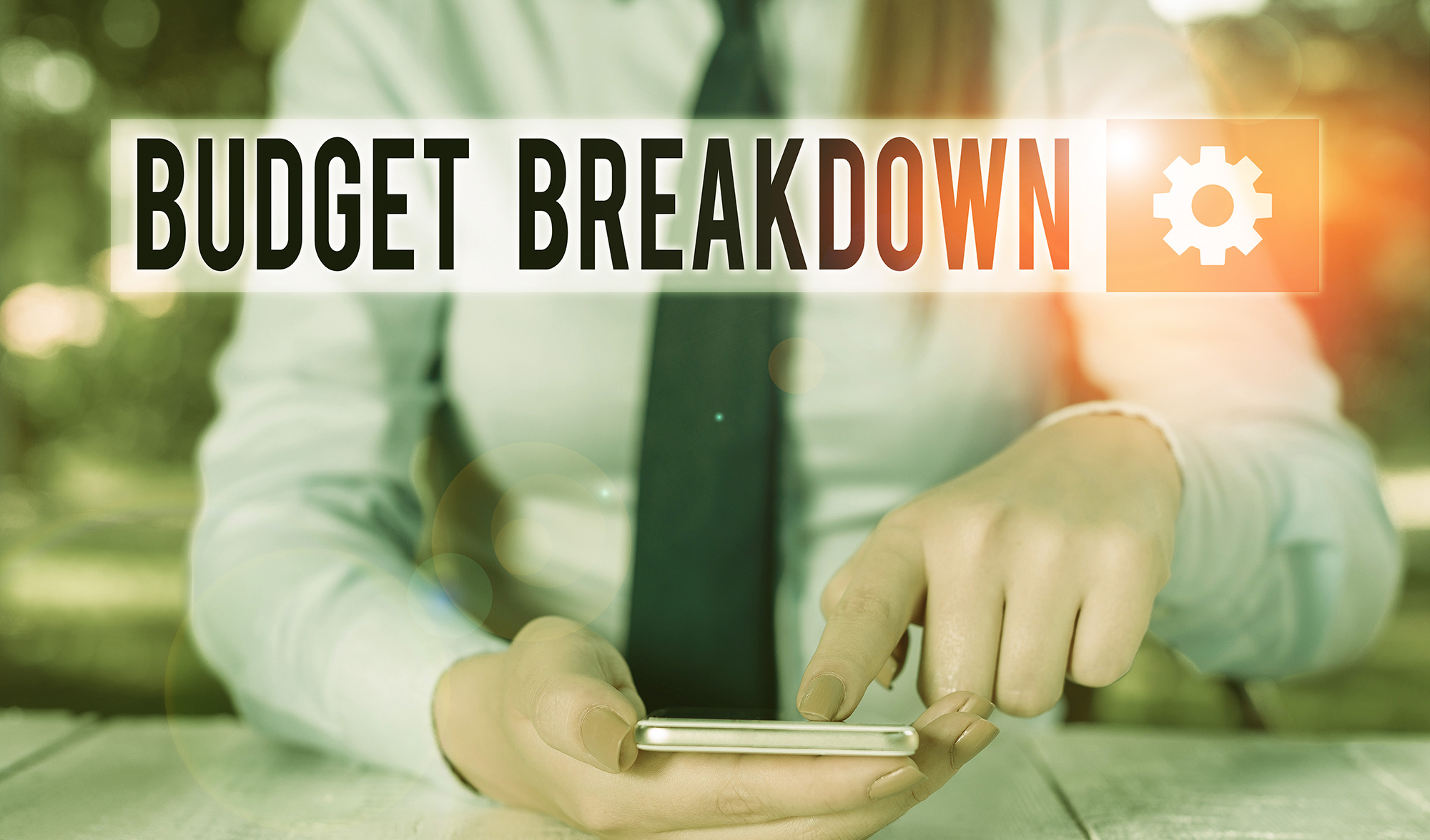
MVP Social Companion Platform
Total Investment: $75,000-$120,000 Timeline: 5-7 months
Core Development: $40,000-$65,000
- User authentication and profiles
- Basic verification system
- Location-based discovery
- Secure messaging
- Simple booking system
- Payment processing integration
- Basic admin dashboard
Mobile Apps: $20,000-$35,000
- iOS and Android native apps
- Core feature implementation
- Basic animations and interactions
- Cross-platform compatibility
- App store optimization
Design & UX: $8,000-$12,000
- Wireframing and prototyping
- Visual design and branding
- User interface design
- Basic usability testing
Quality Assurance: $5,000-$8,000
- Functional testing
- Device compatibility testing
- Security assessment
- Bug fixing
Real Example: Seattle platform launched MVP for $95,000, achieved 1,200 users by month three, reached profitability at month nine with 15% platform commission.
Standard Competitive Platform
Total Investment: $140,000-$220,000 Timeline: 7-10 months
All MVP features plus:
Advanced Features: $45,000-$75,000
- Enhanced verification with background checks
- Sophisticated matching algorithms
- Comprehensive booking system
- Advanced admin tools
- Analytics dashboard
Premium Infrastructure: $25,000-$45,000
- Scalable backend architecture
- Real-time notification system
- Advanced security implementation
- Performance optimization
- CDN integration
Enhanced Design: $12,000-$20,000
- Premium UI/UX design
- Custom illustrations
- Animation design
- Comprehensive user testing
Premium Enterprise Solution
Total Investment: $250,000-$400,000 Timeline: 10-14 months
All Standard features plus
AI & Machine Learning: $40,000-$70,000
- Predictive safety monitoring
- Advanced matching algorithms
- Behavioral analysis
- Fraud detection systems
Enterprise Features: $35,000-$60,000
- White-label capabilities
- Corporate SSO integration
- Expense reporting integration
- Compliance workflows
Global Infrastructure: $30,000-$50,000
- Multi-region deployment
- Advanced auto-scaling
- Data warehousing
- Comprehensive API development
Hidden Costs Reality Check
Monthly Operational Expenses:
Infrastructure & Hosting:
- Cloud hosting: Scales with user base
- Image/video storage: Growing exponentially
- Content delivery network (CDN)
- Database hosting and backups
Per-User Service Costs:
- Identity verification: Per verification
- Background checks: Per provider
- SMS notifications: Per message
- Payment processing: 2.9% + transaction fee
Operational Overhead:
- Customer support team
- Content moderation services
- Security audits and compliance
- Legal consultation
- Marketing and user acquisition
Budget Recommendation: Reserve 25-30% of development budget for first-year operational costs and iteration.
Technology Stack & Architecture

Mobile Development Decisions
Native Development (Swift + Kotlin):
- Cost: Higher initial investment
- Best For: Complex features, superior performance
- User Experience: Best-in-class
- Maintenance: Higher ongoing costs
- Recommendation: Premium platforms targeting 50K+ users
Cross-Platform (React Native):
- Cost: 35-40% lower than native
- Best For: MVP and standard platforms
- User Experience: Near-native quality
- Maintenance: Moderate costs
- Recommendation: Most companion apps (85% use this)
Hybrid (Flutter):
- Cost: Similar to React Native
- Best For: Rapid development
- User Experience: Good performance
- Maintenance: Growing ecosystem
- Recommendation: Alternative to React Native
Backend Infrastructure
Core Technology Stack:
- API Development: Node.js or Python Django
- Real-time Messaging: WebSocket with Redis
- Matching Engine: Python with ML libraries
- Database: PostgreSQL + MongoDB hybrid
- Storage: AWS S3 with CloudFront
- Payment: Stripe Connect for marketplace
Scalability Requirements:
- Microservices architecture for 100K+ users
- Auto-scaling infrastructure
- Load balancing and health monitoring
- Caching strategy with Redis
- Message queue systems
Critical Third-Party Integrations
Essential Services:
- Identity Verification: Onfido, Jumio
- Background Checks: Checkr, Sterling
- Payment Processing: Stripe, PayPal
- Video Calling: Twilio, Agora
- Push Notifications: Firebase, OneSignal
- SMS/Communication: Twilio
- Maps & Location: Google Maps API
- Analytics: Mixpanel, Amplitude
Security & Compliance:
- SSL/TLS encryption
- GDPR compliance tools
- Content moderation: Perspective API
- Fraud detection systems
- Security monitoring: Cloudflare
Development Timeline Reality
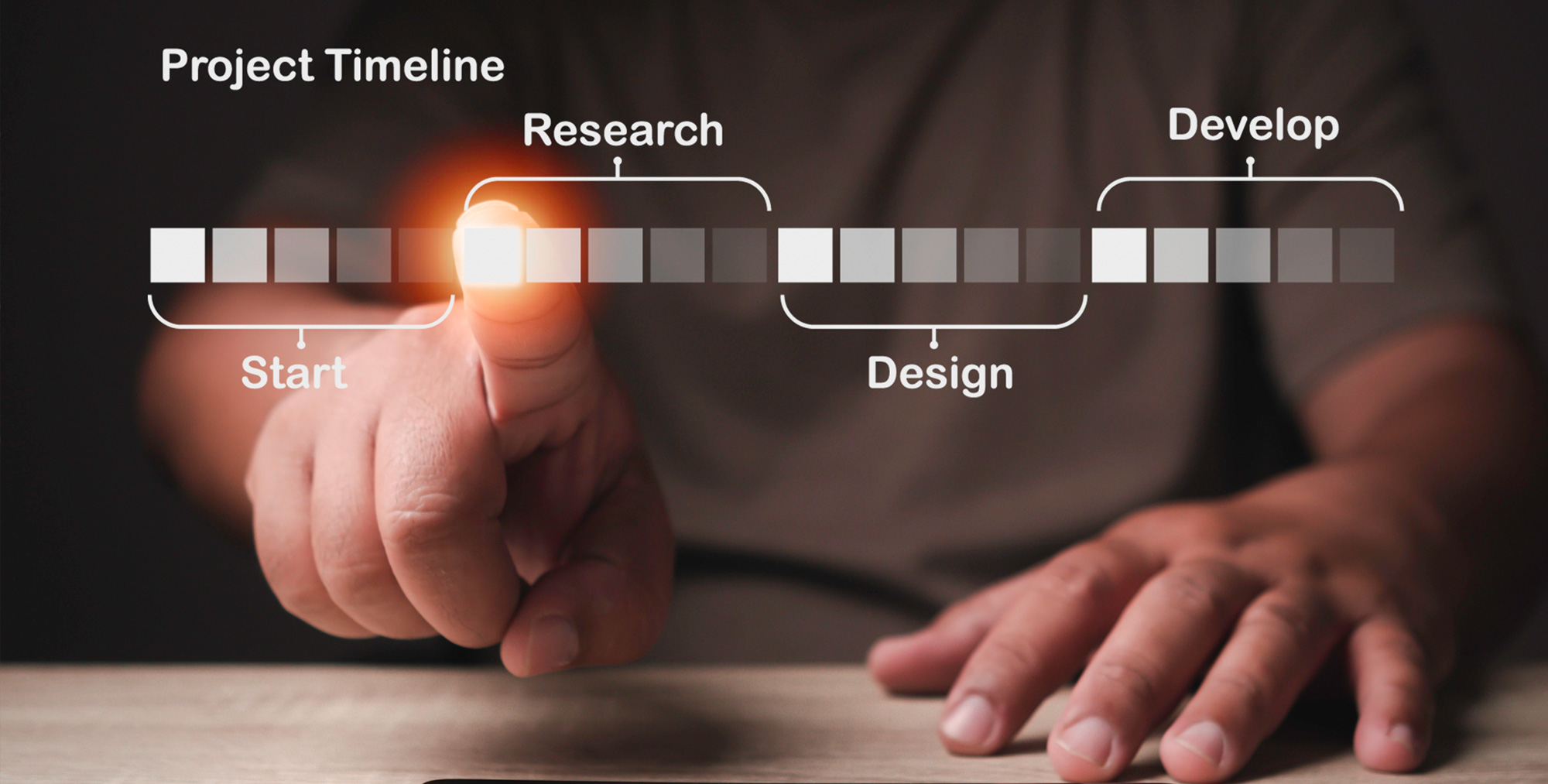
Phase 1: Discovery & Planning (3-4 weeks)
Market Research & Strategy:
- Competitive analysis and positioning
- Target audience research
- Feature prioritization
- Business model validation
- Technical architecture planning
Design Foundation:
- User flow mapping
- Wireframing and prototyping
- Initial design system
- Brand identity development
Phase 2: Core Development (12-16 weeks)
Sprint 1-2 (Weeks 5-8):
- Authentication and user profiles
- Database implementation
- Basic admin setup
Sprint 3-4 (Weeks 9-12):
- Discovery and search functionality
- Matching algorithm implementation
- Favorites and saved profiles
Sprint 5-6 (Weeks 13-16):
- Messaging system
- Booking and scheduling
- Payment integration
Phase 3: Advanced Features (4-6 weeks)
- Verification system integration
- Safety and reporting features
- Push notifications
- Review and rating system
- Advanced admin tools
Phase 4: Testing & Launch (3-4 weeks)
- Comprehensive QA testing
- Security and penetration testing
- Performance optimization
- Beta testing with real users
- App store submission
- Soft launch preparation
Timeline Reality Check:
- Rushing development by 30%+ results in 45% higher bug rates
- Quality platforms require 5-7 months minimum
- Post-launch iteration budget essential
- Emergency fixes cost 3-5x more than proper development
Regional Cost Analysis
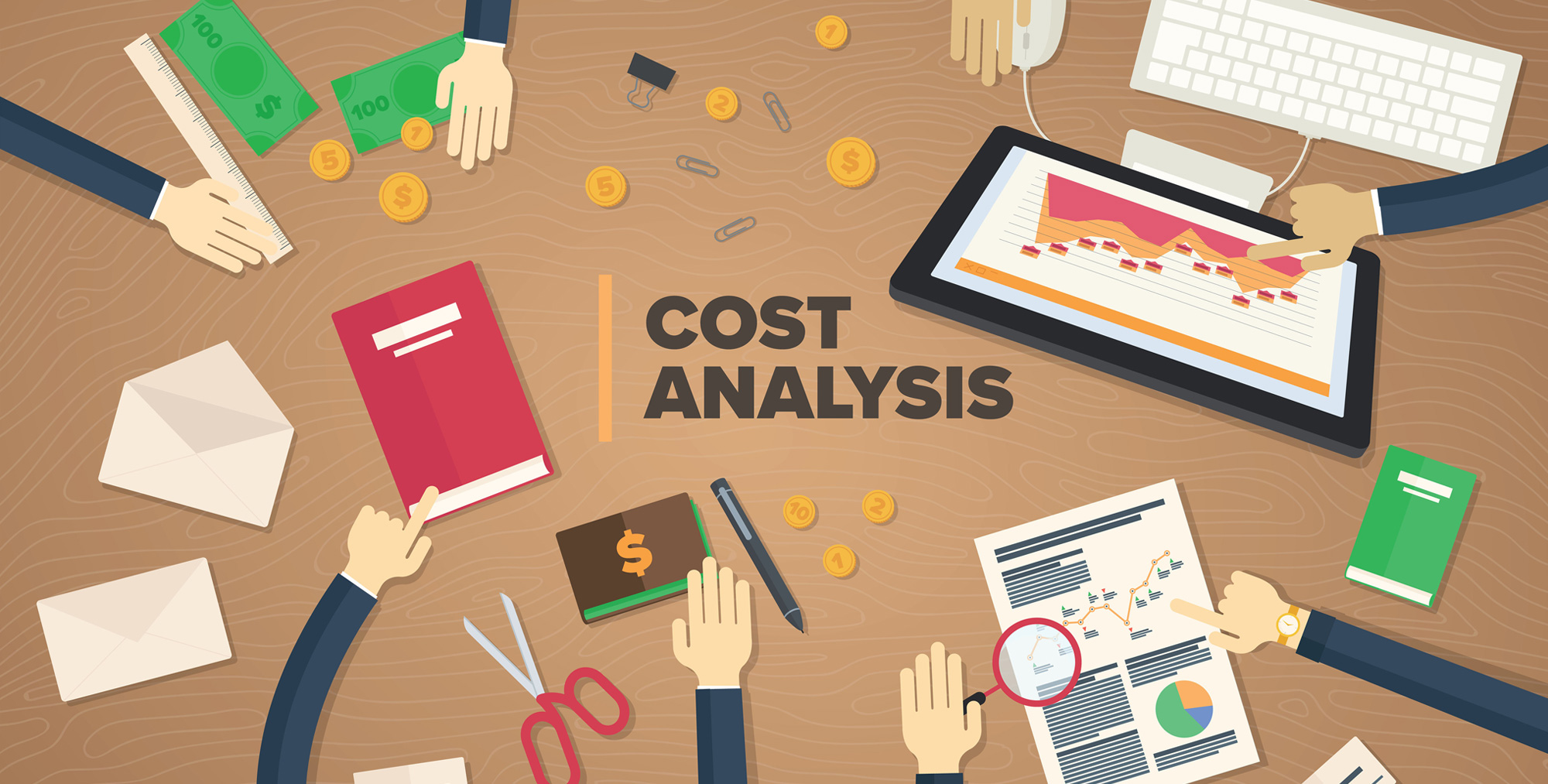
North America (Premium Quality)
United States & Canada
- Hourly Rate: $125-200
- Project Cost: $120K-$280K
- Timeline: Standard to faster
- Advantages: Native communication, same timezone, deep expertise, strong compliance knowledge
- Best For: VC-backed startups, complex compliance, premium positioning
Eastern Europe (Excellent Value)
Poland, Ukraine, Romania
- Hourly Rate: $50-95
- Project Cost: $75K-$180K
- Timeline: Standard
- Advantages: Strong technical skills, good English, cultural alignment, cost-effective
- Best For: Bootstrap founders, quality-conscious budget optimization
Asia (Cost-Effective)
India, Vietnam, Philippines
- Hourly Rate: $25-65
- Project Cost: $50K-$130K
- Timeline: Longer due to communication
- Advantages: Lowest costs, large talent pool
- Considerations: Timezone challenges, communication barriers, quality variation
- Best For: Clear specifications, experienced offshore management
Hybrid Approach (Recommended)
Distributed Team Strategy:
- US-based product management and architecture
- Eastern European development team
- Asian QA and support
- Cost Savings: 30-45% vs full US team
- Quality: Maintained through strong leadership
Monetization & ROI Analysis

Commission-Based Revenue (Primary Model)
Standard Commission Structure:
- Transaction-based: 15-25% of booking value
- Higher-value services: 12-18% commission
- Quick connections: 20-28% commission
- Variable rates by provider tier
Revenue Projections:
Month 6:
- 3,000 registered users
- 25% monthly booking rate
- Average booking: $45
- Platform commission: 18%
- Monthly Revenue: $6,000-$12,000
Month 12:
- 8,000 active users
- 35% booking rate
- Average booking: $52
- Monthly Revenue: $25,000-$45,000
Subscription Revenue (Supplementary)
User Premium Tier:
- Monthly subscription: $10-20
- Features: Priority placement, unlimited connections, advanced filters
- Conversion rate: 5-10% of active users
Provider Premium Tier:
- Monthly subscription: $20-50
- Features: Analytics, reduced commission, featured placement
- Conversion rate: 12-18% of active providers
Additional Revenue Streams
Featured Listings: Providers pay for prominent placement
Enhanced Verification: Premium background check packages
Partnership Revenue: Affiliate commissions from related services.
Break-Even Analysis
Conservative Scenario:
- Development: $180K
- Monthly operations: $15K
- Break-even timeline: 15-20 months
- Required users: 6,000-8,000 active
Aggressive Growth:
- Development: $250K
- Monthly operations: $25K
- Break-even timeline: 12-16 months
- Required users: 10,000-12,000 active
Success Stories & Case Studies

Case Study 1: Local Travel Companion Platform
Investment: $165,000 over 7 months
Key Metrics:
- User Growth: 0 to 8,200 in 12 months
- Monthly Revenue: $28,400 by month 12
- Commission Rate: 19.5%
- User Retention: 65% monthly
Success Factors:
- Hyper-local focus (single city first)
- Premium positioning ($60+ bookings)
- Strong verification (video + background)
- Tourism board partnerships
Lesson Learned: Single-city density beats multi-city sparse coverage
Case Study 2: Specialized Activity Partners
Investment: $85,000 bootstrap MVP
Key Metrics:
- User Growth: 0 to 28,500 in 24 months
- Monthly Revenue: $18,500 by month 18
- Conversion: 14% to premium
- Engagement: 42% monthly active rate
Success Factors:
- Niche focus (fitness/outdoor activities)
- Free initial period building community
- Activity-specific matching algorithms
- Influencer partnerships
Lesson Learned: Delayed monetization built loyal community
Case Study 3: Corporate B2B Model
Investment: $340,000 premium development
Key Metrics:
- Year 1 Revenue: $680,000
- Enterprise clients: 6 Fortune 500 companies
- Average booking value: $118
- Commission: 22% + licensing fees
Success Factors:
- Enterprise compliance workflows
- Premium insurance coverage
- Professional companion vetting
- White-label capabilities
Lesson Learned: B2B pricing justifies premium development costs
Common Pitfalls & How to Avoid Them

Pitfall 1: Underestimating Safety Systems
The Problem: Basic verification seems sufficient until first incident occurs
The Cost: Legal fees, reputation damage, user churn
Prevention:
- Budget 20-25% for safety infrastructure
- Multi-layer verification from day one
- AI content moderation plus human review
- Insurance and legal consultation
- Incident response protocols
Pitfall 2: Launching Too Broad
The Problem: Sparse provider networks in multiple cities
The Cost: Poor user experience, failed bookings, wasted marketing
Prevention:
- Single-city launch with 100+ providers
- Build density before expanding
- 40%+ booking completion rate before new market
- Proven playbook first
Pitfall 3: Technology Stack Mistakes
The Problem: Quick solutions that don’t scale
The Cost: Complete rebuild required at scale
Prevention:
- Invest in proper technology from start
- Use no-code only for validation under 500 users
- Scalable architecture for 10K+ user goals
- Avoid vendor lock-in
Pitfall 4: No Post-Launch Budget
The Problem: No funds for iteration after launch
The Cost: Stagnant platform, declining engagement
Prevention:
- Reserve 25-30% budget for first-year iteration
- Monthly feature releases
- Responsive bug fixing
- Continuous improvement
Pitfall 5: Monetization Timing Errors
The Problem: Too early kills growth, too late creates free expectation
The Cost: Lost revenue or growth slowdown
Prevention:
- Transparent model from day one
- Consider introductory rates
- Clear value proposition
- Test pricing with early users
Cost Questions
Q: Can I launch for under $50,000?
A: Technically possible with offshore development and strict MVP scope, but difficult to compete effectively. Most successful platforms invest $75K-$120K for credible market entry with essential safety features.
Q: What's the difference between $100K and $200K investment?
A: $100K creates functional platform with core features. $200K adds competitive advantages: sophisticated matching, multi-layer verification, advanced safety systems, analytics tools, and premium design. The difference is market positioning and competitive sustainability.
Q: What are ongoing monthly costs?
A: Plan for $10K-$35K monthly operational costs including hosting, verification services, payment processing, customer support, moderation, and marketing for platforms with 5K-20K active users.
Timeline Questions
Q: How quickly can we launch?
A: Responsible timeline: 5-7 months from kickoff to public launch. Attempts to compress below 4 months sacrifice safety, testing, or features—creating more expensive post-launch problems.
Q: Can we use no-code platforms?
A: No-code works for validation with under 500 users. For serious user acquisition and revenue, proper development required. Use no-code to validate, then rebuild properly if successful.
Technology Questions
Q: Native apps or cross-platform?
Q: What if we need to change developers mid-project?
A: Transitions add 15-25% time and cost overhead. Minimize risk through thorough vetting, clear contracts, code ownership clarity, and milestone-based payments.
Business Model Questions
Q: What commission rate should we charge?
A: Industry standard: 15-25% depending on transaction value. Higher-value transactions (over $100): 12-18%. Quick connections (under $40): 20-28%. Test with initial providers to find optimal balance.
Q: When do we become profitable?
Q: What safety measures are legally required?
Q: How do we prevent fake profiles?
Growth Questions
Q: How many providers before launching?
Q: Most effective user acquisition strategy?
A: Varies by market, but most successful: content marketing/SEO, targeted social media, complementary business partnerships, influencer collaborations, and referral programs. Test multiple channels, double down on sub-$20 acquisition cost channels.
Next Steps & Action Plan
Phase 1: Validation & Planning (Weeks 1-4)
Market Validation:
- Competitive analysis (4-6 platforms)
- User interviews (15-20 target users)
- Provider interviews (10-15 potential providers)
- Landing page test (target: 100+ signups)
Financial Planning:
- Development budget determination
- First-year operational costs projection
- Marketing budget allocation
- Funding strategy evaluation
Strategic Decisions:
- Target market selection
- User segment definition
- Service category focus
- Pricing model selection
- Competitive positioning
Phase 2: Partner Selection (Weeks 5-8)
Development Partner Evaluation:
- Interview 4-6 potential partners
- Review relevant platform experience
- Assess technical expertise
- Check 3-4 client references
- Evaluate communication and fit
Legal Foundation:
- Development agreement
- Terms of service and privacy policy
- Contractor agreements
- Trademark filing
Phase 3: Active Development (Months 3-8)
Stay Engaged:
- Weekly progress meetings
- Sprint planning participation
- Continuous design feedback
- Active testing and QA
Provider Recruitment
- Build provider waitlist
- Conduct provider interviews
- Develop onboarding materials
- Recruit 50-80 beta providers
Pre-Launch Marketing:
- Social media presence
- Content marketing
- Partnership development
- User waitlist (target: 300-500)
Phase 4: Launch & Growth (Months 9-15)
Soft Launch:
- Private beta (50-100 users, 80-120 providers)
- Intensive feedback collection
- Rapid improvements
- 2-4 week refinement period
Public Launch:
- App store optimization
- Press and media outreach
- Influencer partnerships
- Paid advertising campaign
- Partnership activation
Metric Monitoring:
- Registration conversion (target: 35-50%)
- Booking completion (target: 40-55%)
- User retention tracking
- Revenue optimization
Phase 5: Scale & Optimize (Months 16-24)
Feature Expansion:
- User-requested features
- Friction point resolution
- Competitive feature additions
- New revenue opportunities
Geographic Expansion:
- Next market selection
- Provider recruitment (100+ per market)
- Playbook replication
- Quality maintenance
Ready to Build Your Social Companion App Success Story?
After analyzing 300+ successful app launches and generating over $500 million in client revenue, we know what separates winners from the 87% that fail within their first year. Your social companion app success depends on three critical factors:
- Realistic Budget Planning: Understanding true costs prevents expensive surprises
- Proven Technical Architecture: Infrastructure that scales with your success
- Experienced Development Partner: Team that’s built successful social platforms before
Don’t gamble your vision on inexperienced developers or unrealistic promises.
Get your real cost estimate, technical assessment, and strategic roadmap in our free “Idea-to-App” Strategy Session. We’ll show you exactly what features you need, what you can skip for MVP, and how to build infrastructure that thrives under real-world usage.
What You’ll Get:
- Detailed cost breakdown for your specific vision
- Technical architecture recommendations
- Timeline and milestone planning
- Risk assessment and mitigation strategies
- Post-launch growth and monetization guidance
Why Choose Dedicated Developers:
- 300+ successful apps with proven track record
- Social companion apps in our portfolio with 4+ million downloads
- Average client ROI: 300% within 24 months
- 85% client retention rate (we grow with your success)
- Located in Atlanta with 15+ years of experience
Call (770) 274-4482 or email Contact@DedicatedDevelopers.com


